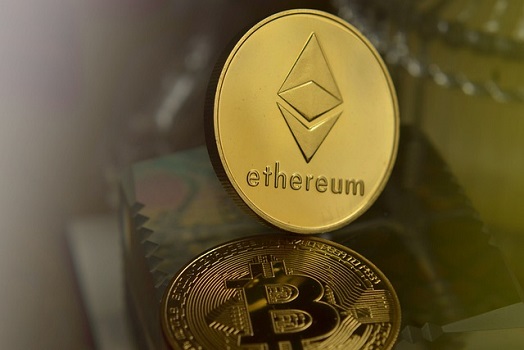Image source: Getty Images
I always sit up and take notice when an insider buys a significant number of shares. On 14 July 2023, the chief executive of Dr Martens (LSE:DOCS), the FTSE 250 iconic footwear brand, purchased £400k of stock.
Kenny Wilson’s investment is equal to 55% of his 2023 salary which, by anyone’s standards, is a large sum. However, he did make £20m when the company floated in January 2021, so it’s perhaps not quite as substantial as it first appears.
But no matter how wealthy an individual is, they don’t want to throw away money. Wilson clearly believes the stock presently offers good value.
And it was a smart move. At the time of his purchase, the company’s share price was 129p. It’s now close to 145p and he’s sitting on an unrealised profit of £50k.
Flotation
But the company’s had a troubled 20 months since making its stock market debut.
Its shares floated at 370p, valuing the company at £3.7bn. The IPO was judged to be a huge success with the offer being eight times’ oversubscribed.
However, with the benefit of hindsight, I can say with some confidence that this was a silly valuation.
The company’s initial market cap was equal to 25 times’ its 2021 earnings. Its price-to-earnings ratio is now around 11, and is in line with that of Next (12), JD Sports (12), and Frasers (11).
Putting the boot in
Operational errors appear to be behind the apparent loss of confidence of investors.
The directors have admitted to a failure of “people and processes” when transferring its US west coast distribution centre from Portland to Los Angeles.
They also acknowledge that they got their marketing strategy wrong on the other side of the Atlantic. Although sales in North America increased by 12% during the year ended 31 March 2023, they were down 1% on 2022 when currency changes are taken into account.
Upside
But Dr Martens has lots going for it.
It’s a popular brand that’s endured for six decades. Revenue has more than doubled over the past five years. And it’s now selling 66% more boots, shoes, and sandals than it did in 2019.
It also appears to be getting on top of its problems in the US.
And its shares yield a respectable 3.9%.
But unlike its boss, I don’t want to own any of the company’s shares.
| Year ended 31 March | Revenue (£m) | Adjusted profit before tax (£m) | Gross profit margin (%) | Pairs sold (m) |
| 2019 | 454 | 34 | 57.4 | 8.3 |
| 2020 | 672 | 113 | 59.7 | 11.1 |
| 2021 | 773 | 151 | 60.9 | 12.7 |
| 2022 | 908 | 214 | 63.7 | 14.1 |
| 2023 | 1,000 | 159 | 61.8 | 13.8 |
Maturity
Dr Martens claims that “Rebellious Self Expression” describes its brand, culture, and what it does.
But who would have thought that a company whose products were popular with punks, skinheads, and goths would be listed on the London Stock Exchange? It’s now a member of The Establishment.
And to grow as a listed business should, it’s had to become more mainstream.
This means it faces greater competition and I think this will put further pressure on its margins.
Its products are already at the more expensive end of the market, which limits the scope for price increases. And it makes them vulnerable to cheaper alternatives, some of which are clearly seeking to imitate its unique design.
Because of this, I think Dr Martens shares are currently fairly priced, and I don’t see a huge amount of potential upside. At the moment, I’d rather buy a pair of the company’s boots than its stock.
Credit: Source link














